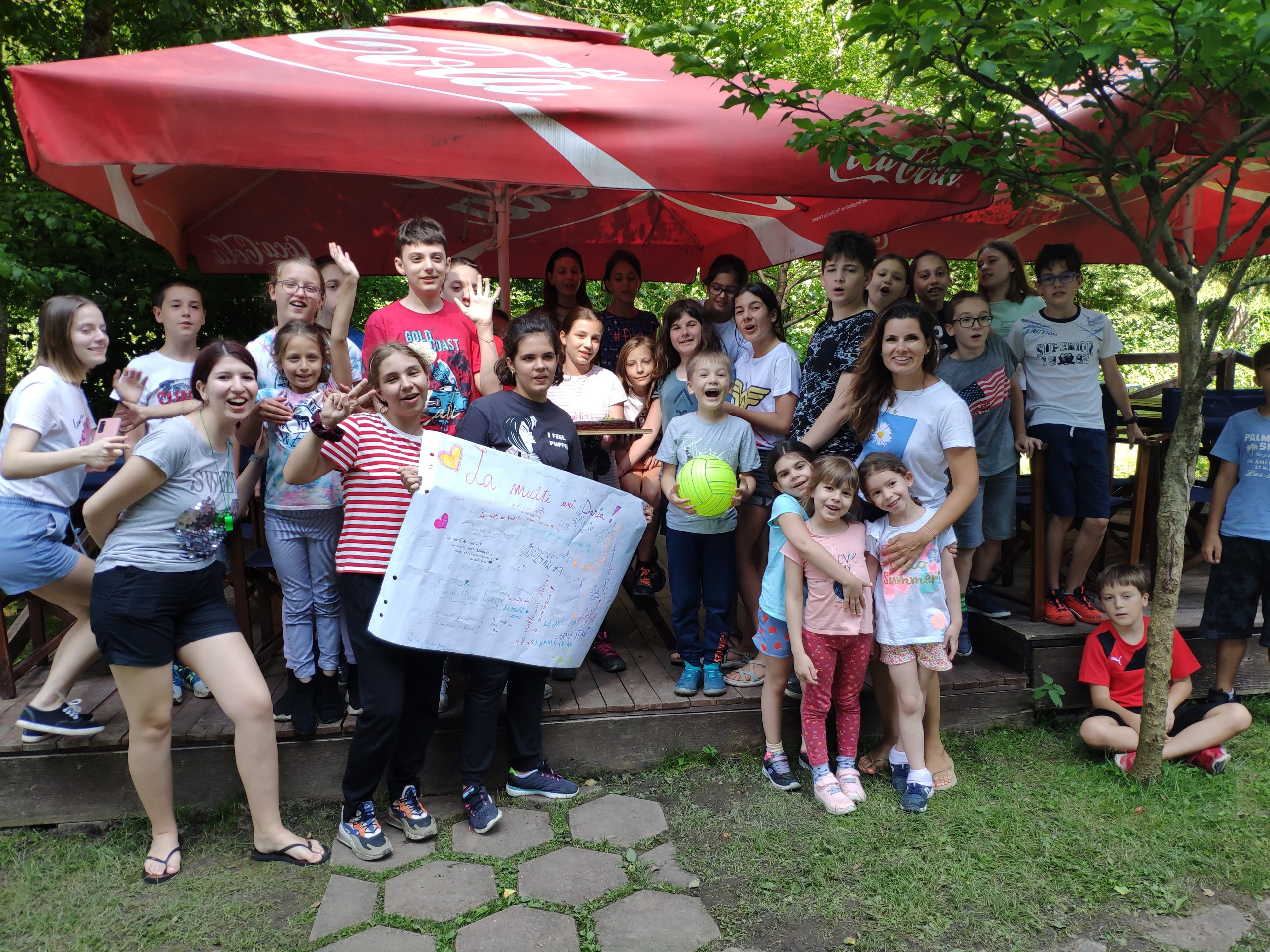
The role of communication skills for children
We call for communication every day, in all levels of our lives: we talk with family and friends, at school or at work, we want to convey clear messages and be understood, we have emotions if we have to speak in public and we always try to find the most suitable ways to find and externalize our words. Thus, communication skills are indispensable regardless of the context, and specialists tell us that we should pay special attention to them from the earliest ages.
The better we are at communicating and training this super power, the better our quality of life will be. Children cannot learn proper communication skills without guidance from parents and professionals. It is very important, as a mentor in a child's life, to start paying attention to basic communication skills early and work together to improve them. As a child develops, it is important to nurture his communication skills so that he is able to express himself clearly and confidently in all aspects and areas of his life.
If we consider the stages of a child's development: he first communicates with his parents, then with siblings and friends, and then with other adults, such as teachers at school. A child will learn to communicate by watching and listening to those close to them, then imitating their words and actions; the more we communicate with the child, the earlier and faster he will develop these skills.
Why are communication skills important in child development?
- Learning effective communication skills helps children express themselves clearly and convey their feelings in a better way.
- Communication skills can facilitate meaningful learning and sharing of information with others.
- Communication skills help children do better in school.
- Active participation in discussions makes children more confident and bold. Therefore, children who have well-trained communication skills have high self-esteem.
- Good communication can boost a child's social intelligence, helping them build healthy relationships during interactions with other people.
- A child who can communicate well verbally may be comfortable producing written communication as well, which is likely to help them perform better academically.
Reading is an excellent activity to help improve the child's communication skills; it develops his language acquisition and enriches his vocabulary, helping him to communicate easily and clearly. As they grow, reading can become an opportunity for further discussion, setting the stage for an environment where the child feels comfortable articulating and sharing ideas.
By interacting with siblings and friends, the child will develop social and interpersonal skills, along with communication skills. These skills will make him feel more confident and it will be easier for him to start conversations with colleagues and make new friends. Through these friendships, the child will also hone their listening skills as well as their ability to empathize and interpret non-verbal communication cues.
When a child starts school, presentations, conversations with peers and class discussions become part of their life; therefore, he must directly appeal to his verbal communication skills. In these situations, if he feels confident, not only the conversation with those around him, but also the speeches in front of a group, will seem easier.
Like any other skill, communication skills can be developed and refined with practice. By focusing on their development from an early age, the child will be equipped from the start with the necessary skills to build a successful future. Research in the field proves that the constant improvement of communication skills leads us to a greater degree of self-confidence, healthier relationships with those around us and, in general, better academic and professional results. There it is here more information on this subject, but also a series of tools to lead to the training of communication skills.
At KEN, we have opened registrations for the summer mountain camp from July 24 – 29, 2022, Predeal, Find Your Voice.
This camp is brand new, straight out of the oven of KEN's creation. It is based on children's desire to learn public speaking tricks, give presentations and learn how to manage their emotions.
The aim of the camp is to guide children to find their inner voice and encourage them to use it in their everyday life so that they can communicate all the creative ideas they have. Children develop a series of essential interpersonal skills: understanding the surrounding messages, building a speech, arguing a debate, managing emotions related to public speaking, practicing diction, harmonious use of different types of communication; all through exciting and fun activities.
Article written by Veronica Dunga, KEN Academy trainer.
